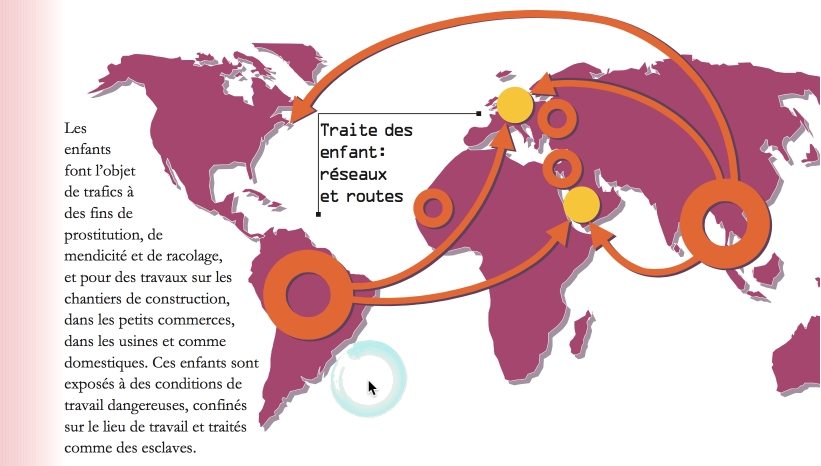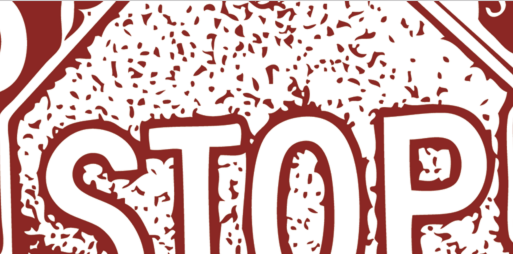Inequality is rampant across the global economy,3 and the agro-food sector is no exception. At the top, big supermarkets4 and other corporate food giants dominate global food markets, allowing them to squeeze value from vast supply chains that span the globe, while at the bottom the bargaining power of small-scale farmers and workers has been steadily eroded in many of the countries from which they source.
The result is widespread human suffering among the women and men producing food for supermarkets around the world. It doesn’t have to be this way. Governments, food companies, small-scale farmers and workers, and citizens around the world can all help to rebalance power in food supply chains and ensure they more fairly reward those producing our food.
This report launches Oxfam’s new campaign to expose the root causes behind human suffering in food supply chains and to mobilize the power of people around the world to help end it, starting with a focus on the role of supermarkets.
In an era of gross global inequality and escalating climate change, this business model is increasingly unsustainable. But it doesn’t have to be this way. Governments, food companies, small-scale farmers and workers, and citizens around the world can all help to rebalance power in food supply chains and ensure they more fairly reward those producing our food. The supermarket sector is ripe for change.








